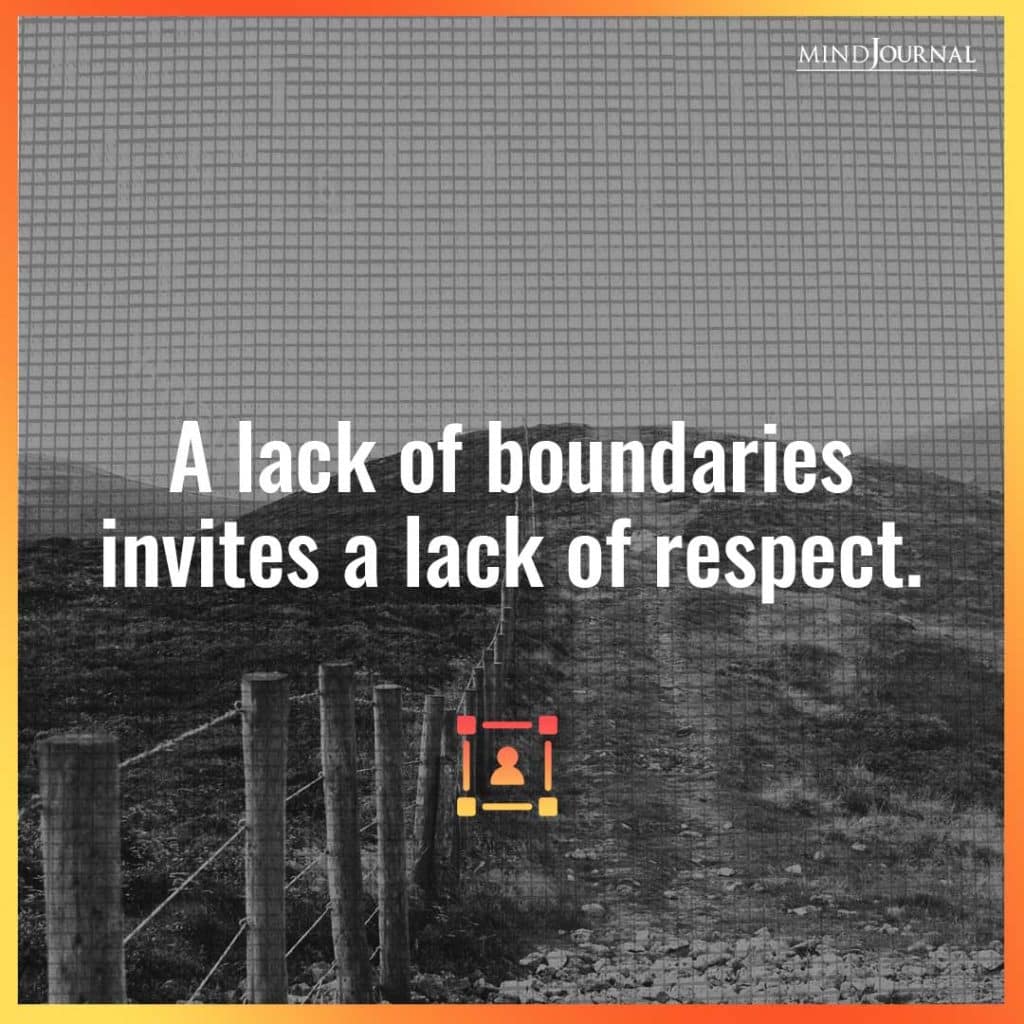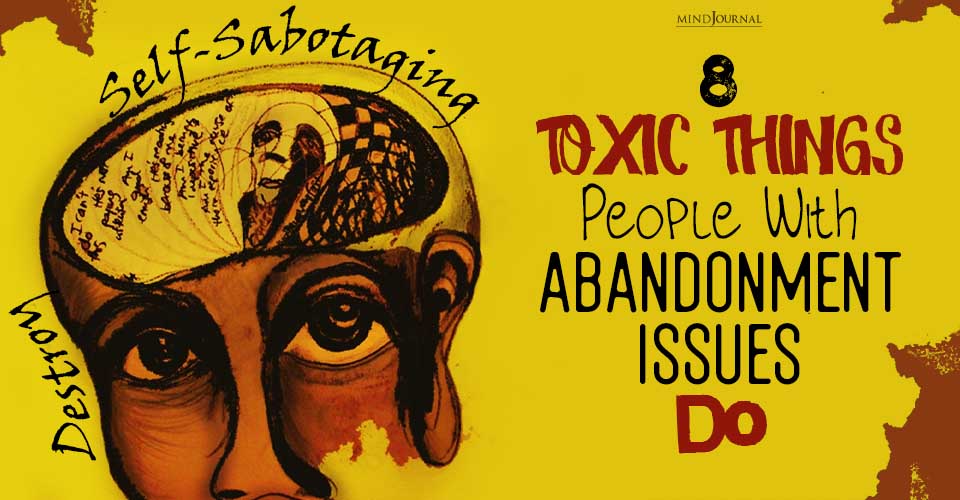Setting boundaries with difficult or toxic people is hard. Here are 7 tips to help.
Annie, who described herself as a “people pleaser,” was coming to therapy exhausted and fearful that she couldn’t keep up with her ever-expanding to-do list. During one of our sessions, she confided:
“My husband is always taking me for granted, expecting that I chauffeur the kids to school, soccer, flute, and friends. I often change my work schedule to meet his needs, and then have dinner on the table every night and clean up after. If it isn’t to his standards, he gets frustrated, and although I feel hurt, I apologize. It is similar at work, with my boss loading me up with tasks he doesn’t want to do, or that others didn’t get done. He knows I can’t refuse, so it is put on my plate.”
Annie’s struggle is common. Most of us like to be helpful, and it is hard to say no to requests. However, some demands are unfair, and some relationships are unhealthy, where a kind, a conflict-avoidant person gets taken advantage of. Annie was often doing too much, not because she really wanted to help, but because she dreaded saying no, or didn’t think she could. She was empathetic and worried about upsetting others, and when her husband or boss would express frustration, she would give in.
“I am in a no-win situation,” she said. “I finally went and talked to my boss about my concerns, but I was told about the importance of being a team player, and I apologized. If I say no, I am shamed by others; if I say yes, I feel like a doormat and shame myself.”

Setting boundaries with toxic people is particularly hard when others use pressure, guilt trips, or controlling tactics. Those who won’t take no for an answer tend to take advantage of those who have a hard time saying it. What Annie wanted to do was set healthy boundaries that respected her dignity and values.
Read Personal Boundaries: 9 Core Boundaries To Live By
Here are seven tips she used to become better at saying no.
1. Honor your worth.

We can tell when our boundaries are violated because it leaves us feeling frustrated, taken advantage of, and unappreciated. When someone says “no” to things they don’t need or can’t do, it is a form of honoring one’s inner worth and is empowering.
Annie was ignoring her own warning signs because she was distracted by the noise of guilt trips, exaggerations, and demands. These were further distorted by her internal second-guessing and negative self-talk. However, she realized she felt worse when she tried to please others and refocused on her worth. She asked herself whether she would be ok with a friend being treated the way she was, and it put things in a new light. She took time for calming meditation, self-compassion readings, and therapy, all of which helped her become more aware of and stop negative internal messages. She pondered who she was and what was important to her.
Read Worthiness: A Key To Emotional Healing
2. Seek strength.
People pleasers are often eager for approval, which makes them vulnerable to manipulators. As part of her growth, Annie attended a local women’s empowerment group. Her husband was condescending and skeptical, but as she persisted, he backed down. She enjoyed the messages of solidarity and found her own voice. “It has helped me feel like my opinion matters,” she told me.
3. Delay the response.
It is hard to resist pressure in the moment. Annie practiced phrases that gave herself time to reflect about what she wanted, rather than what she thought others wanted from her. With her colleagues, she said, “Let me get back to you after I check my to-do list.”
This helped her reflect on her priorities and whether the request was fair. Another phrase was, “I am very busy right now, but get back to me in two weeks,” which sometimes removed the request as the other moved on. This wasn’t always easy since she would sometimes get annoyed reactions or guilt trips in return. She would sometimes negotiate with the following response: “I can’t get the revisions to you by tomorrow, but I can give you a 10-minute update.”
She also practiced saying no in a diplomatic way that fit her personality. When her husband pressured her to change her schedule to come with him to a work social, she said, “I am sorry. I like to spend time together but can’t make that work on such short notice.” She found that delaying, even for a short time, helped her examine her own reactions and the intentions of the other.
4. State your boundary as a policy.
It is easier to say, “I just don’t buy things from door-to-door sellers” than get annoyed and squirm on the porch. The same is true in unhealthy relationships, where it helps to have a standard to appeal to when saying no. Annie came up with a few, such as, “I save my weekends for family and so won’t be able to take on this last-minute project,” and, “I am giving my best energy to the current project so will need to wait to take on a new one.” It helped when she connected the policy to a higher purpose, like “I will not be able to make dinner tonight; I am committed to being to our son’s tennis game this afternoon.”

She wasn’t always successful at this with her boss, since she didn’t want to lose her job, but even if she couldn’t say no to every unfair request, Annie reminded herself that her values were legitimate. And when she received pushback, she attempted to understand the power tactics being used on her, which led her to the next strategy.
5. See the other’s motives.
Manipulative people try to make others feel responsible for every problem. It helps to step back and consider the intentions of anyone who is ramping up the pressure. In reasonable relationships, others generally accept “no” as an answer, especially if there is a good cause. But in unhealthy relationships, boundaries are often mocked or disregarded, which shows a lack of respect and reveals that the problem is one of pushiness in the asker, not unwillingness in the one being asked.
Annie would take time to write down the possible motives of everyone involved when she felt pressured. For example, she wrote: “My boss’s motives probably are to get more work done, which is understandable, but he isn’t realizing that my motives are to have a balance with work and family.” This process helped her see things more objectively and gain confidence in her response.
Read 8 Deep Questions To Ask Yourself If You Keep Attracting Toxic Partners
6. See through the power.
Those who request fairness often experience resistance from those who want to retain power. This is why it is hard to resist and report abuse since those who are selfish or violent will use minimization, denial, and punishment of those who challenge their authority. Women who push back against power have the disadvantage of being perceived as violating stereotypes if they protest injustices.
Annie was pressured to be in charge of a social for her son’s soccer team and ended up spending her own money to supply it. I suggested to her that she was now paying the school to work for them. This began a conversation about how there were multiple systems of power leaning on her, including her family, coaches, administrators, and social norms. In this situation, they were all making it hard for her to have a say in her own life or how she used her time and money.
After some reflection, she sent an email to request reimbursement from the school, which was a victory for her.
7. See through the entitlement.
Many people in power assume they deserve it, and they are good at playing mind games. “My husband will pout,” Annie told me in one session, “and imply I am selfish when I am too tired to spend time with him.” Ironically, like many controllers, he would accuse Annie of being controlling for simply requesting that he consider her needs. When he wanted something and she didn’t give it, he would try to erode her resolve.
Read 16 Signs You Have a Sense of Entitlement Complex
Annie learned to focus on both parties’ needs and whether they were legitimate and respected. When things got heated, instead of backing down, she attempted to stay calm and focus on the control tactics rather than the details of the accusation, saying “I love you, but I don’t love being pressured or threatened,” or, “if we can’t talk about this calmly, let’s come back later.” If she was scolded for being “oversensitive,” she asserted her right to feel what she felt and to have a voice in the relationship.
Annie deserved respect and worked hard at saying no to things that weren’t healthy. She considered her worth and created boundaries that were fair, but protective of her dignity, and she got better at this over time. As Annie learned, saying “no” is key to saying “yes” to our own well-being.
Are you ready for setting boundaries with toxic people?
References
- Neff, K. D., Kirkpatrick, K. L., Rudea, S. S., “Self-compassion and adaptive psychological functioning,” Journal of Research in Personality, 41, 1 (2007).
- Whiting, J. B., Cravens, J. D., Sagers,* A., PettyJohn.,* M. & Davies,* B. (2020) Trauma, social media, and #WhyIDidntReport: An analysis of Twitter posts about reluctance to report sexual assault. Journal of Marital and Family Therapy. DOI: 10.1111/JMFT.12470
- Brittany C. Speed Brandon L. Goldstein Marvin R. Goldfried, “Assertiveness Training: A Forgotten Evidence‐Based Treatment,” Clinical Psychology: Science and Practice, 25, 1 (2017).
Written by: Jason Whiting PhD. For consulting and workshops or treatment and supervision click here Originally appeared on Psychology Today Republished with permission










Leave a Reply